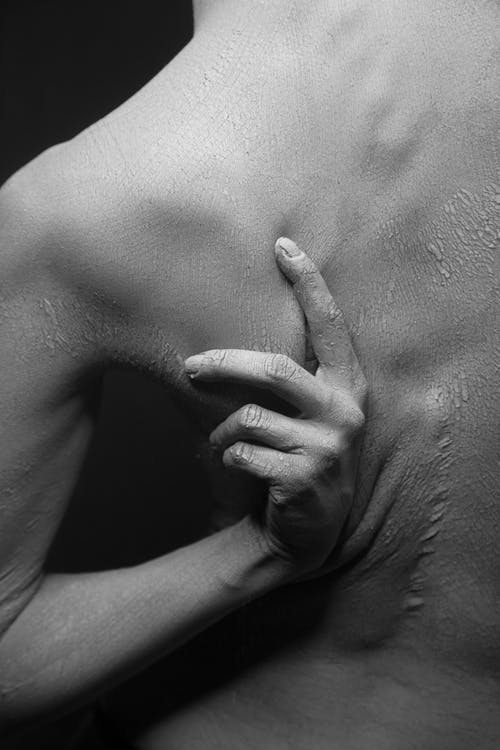Pruritus, or itchy skin, is a very irritating and uncomfortable sensation. It can appear normal, rough, red, or bumpy, depending on its causes, but it will always make you want to scratch your skin. It can be worsened by dry skin and is more common in older adults since the skin becomes drier with age.
To find relief, many people tend to use gentler cleansers, bathe with lukewarm water, or moisturize daily. These self-care measures for itchy skin can provide temporary relief, but the best way to treat it permanently is to find the cause and focus on it. There are many things that may lead to itchy skin, so it is important to identify the cause before taking any medications.
Here are some of the main causes of itchy skin:
Skin conditions
There are many skin conditions that cause itchiness. Some examples include psoriasis, scabies, insect bites, hives, dry skin, or eczema. These conditions are very different from one another. Anne from OurEczemaStory.com says that itching can be more intense with eczema than with psoriasis. It can be hard to tell the difference if you’re not trained, but dermatologists will surely be able to differentiate them from one another. Once your dermatologist pinpoints the skin condition that causes the itchiness, he will be able to prescribe the correct medication.
Internal conditions and Nerve Disorders
Pruritus can also be a symptom of an underlying illness. Diseases like certain cancers, kidney failure, liver disease, iron deficiency anemia, and many others can cause itchiness. Pruritus may also be caused by conditions that affect your nervous system, such as diabetes, multiple sclerosis, and shingles. It is essential that you consult your physician about these illnesses and avoid self-medication. Your doctor will be able to identify if the itchiness is just caused by a disease you have, or if it is caused by a separate skin condition. From there, a health care plan can be developed to get rid of the itchiness.
Allergies
Itchiness may also be caused by irritation or allergic reactions. You might be exposed to chemicals, wool, soaps, or other substances that irritate your skin. Various substances such as narcotic pain medications, some types of cosmetics, and irritating plants like poison ivy can also cause an allergic reaction. You should avoid anything that you know you’re allergic to, in order to avoid itchy skin.
If the itchiness lasts for more than six weeks, it can be considered chronic. This might affect your quality of life by interrupting your sleeping pattern or causing depression or anxiety. It is best to see a medical professional if the itchiness doesn’t improve, or if it becomes too severe that it affects your daily activities. You should also monitor if it starts spreading to other parts of your body, or if it is accompanied by other signs and symptoms.
Consulting a physician will help you solve skin itchiness so you can continue your daily activities without worrying about it. You don’t have to suffer silently: just reach out to your medical professional and say goodbye to Pruritus.

